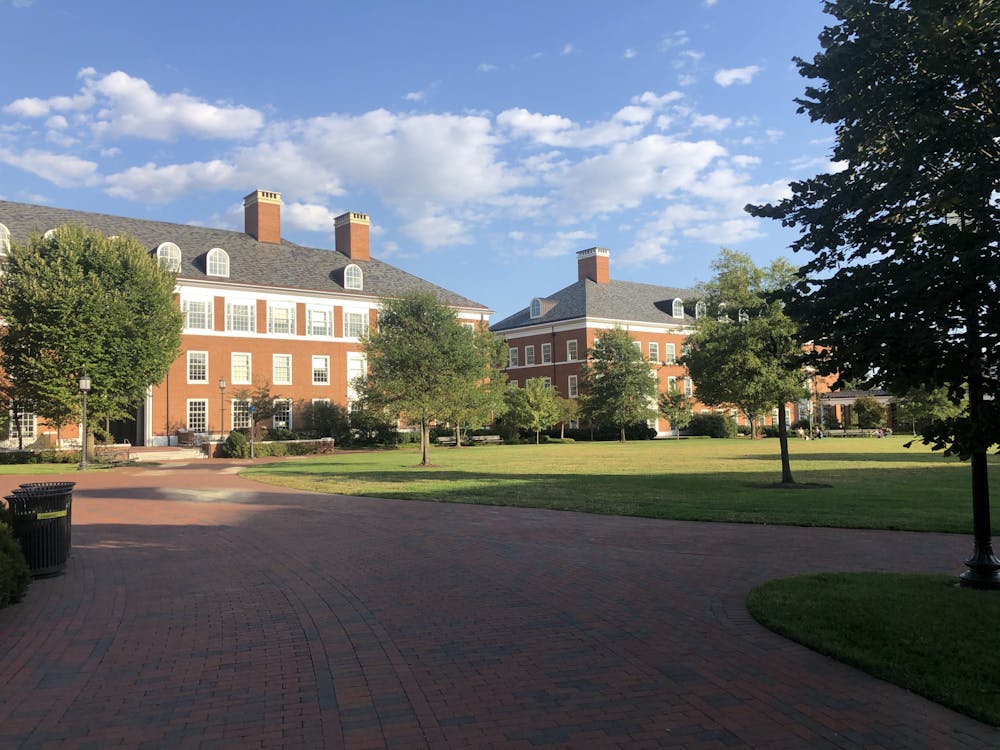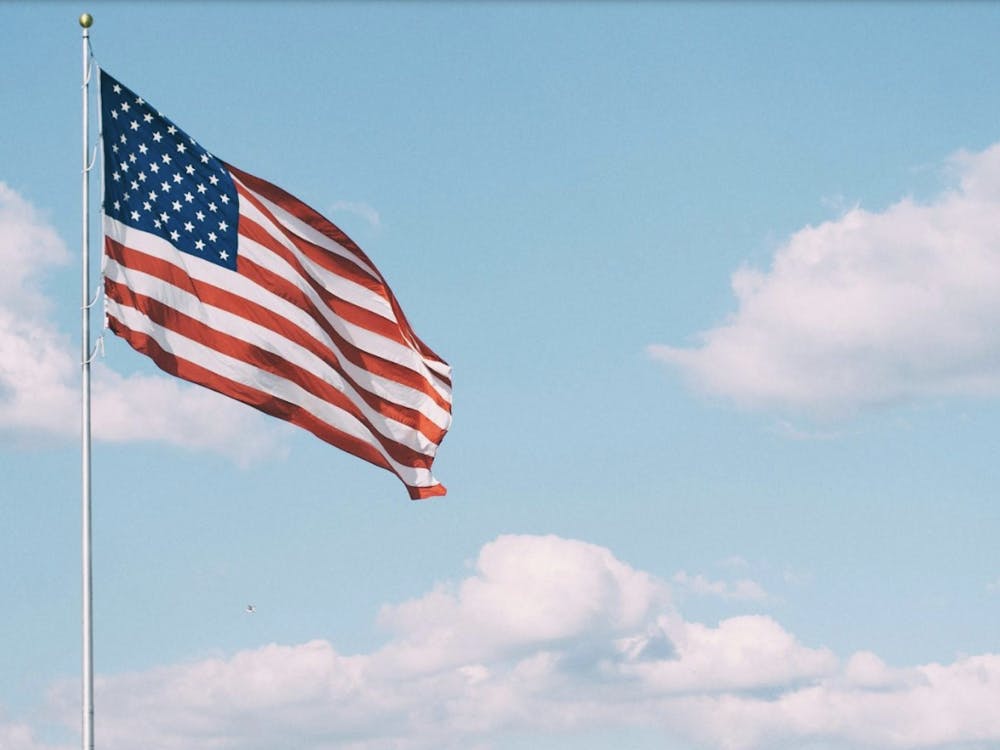Effective Thursday, March 28, the University will no longer require at least one dose of the COVID-19 vaccine for all faculty, staff and students. Instead, the COVID-19 vaccine will be strongly encouraged, while the seasonal flu vaccine remains mandatory.
The change in vaccination requirements does not impact employees of Johns Hopkins Medicine (JHM), the School of Nursing and Applied Physics Laboratory, as they are subject to their respective policies. Additionally, School of Medicine affiliates will follow JHM policies.
In an email sent to the Hopkins community on Thursday, March 28, the University cited the Johns Hopkins University Health Advisory Group and other unnamed Hopkins public health experts as the main sources of guidance.
The Health Advisory Group consists of six members and two facilitators, all of whom are University faculty from the School of Medicine and the School of Public Health.
In an email to The News-Letter, Vice Provost of Student Health & Well-Being Kevin Shollenberger explained the rationale behind the decision and its timing.
“We made the change because we have been following the accumulating evidence regarding the Covid vaccine and the iterations of boosters,” he wrote. “On timing, we are past the height of flu season in an epidemiologic sense. Also, it’s important to note that the change in policy does not impact current students but incoming students.”
In the March 28 announcement, the University expressed a commitment to the continual monitoring of the situation and indicated the potential for future changes.
“COVID-19 remains a serious illness and we must continue to be diligent to prevent the spread of the virus,” the email said. “We will continue to closely monitor public health conditions and if we need to reinstate measures (including vaccination requirements) to protect the health and safety of our community and our neighbors, we will do so.”
Shollenberger expressed similar sentiments, reaffirming the University’s belief in the significance of COVID vaccinations as well as their critical role in mitigating negative health impacts. In the event of new data, the University is open to the possibility of reinstating the requirement.
The announcement also emphasized that the new policy aligns with current guidelines from the Centers for Disease Control and Prevention and the Food and Drug Administration. In particular, the University specified the recovery timeline for those who test positive: One can return to normal activities after experiencing improved symptoms and no fever for at least 24 hours but should take extra precautions for the next five days.
Sophomore Pranav Kaginele, an International Studies major, expressed indifference toward the news.
“I didn’t see the announcement until you mentioned it,” he said. “My initial reaction was largely indifferent. I feel like most people are vaccinated anyway.”
He pointed out that a potential problem with the new policy is that students who are homeschooled in high school and unvaccinated may face health risks after coming to Hopkins. Kaginele also found the inconsistency between the COVID-19 vaccine and flu shot requirements confounding.
“I don’t think it really makes a whole lot of sense,” he said. “If you want to make one mandatory, you would probably want to make both mandatory.”
In response to such confusion, which was shared by other students, Shollenberger explained that flu vaccines are more effective against transmission than COVID-19 vaccines. He also cited a recent paper, in which the authors concluded that COVID vaccinations are no longer sufficient to contain or moderate SARS-CoV-2 propagation.
“Annual flu vaccines tend to match well with predicted circulating strains and have durable impacts on transmission as well as infection and severity of illness. This means they protect both the vaccinated individual and the rest of the community,” he said. “Data that COVID vaccinations have not achieved this level of effectiveness against transmission has become more clear.”





